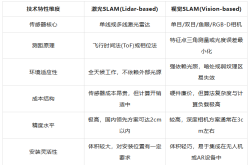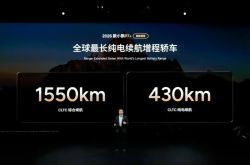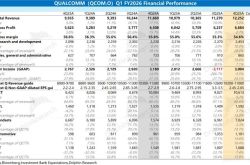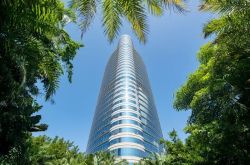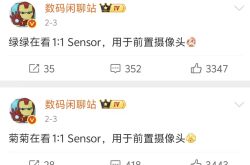Volkswagen's Dual CEO Structure Under Scrutiny: Porsche Faces Leadership Change Amidst Union Pressure
![]() 09/04 2025
09/04 2025
![]() 622
622
Performance Decline Adds Pressure
Author | Wang Lei
Editor | Qin Zhangyong
The unprecedented dual CEO role at Volkswagen may soon become a relic of the past.
At a recent employee meeting held at Volkswagen's Wolfsburg headquarters, Daniela Cavallo, head of the Volkswagen trade union, boldly called for an end to Oliver Blume's dual role as CEO of both Volkswagen Group and Porsche.
Cavallo's protest is not without precedent. Oliver Blume's predecessor, Herbert Diess, also stepped down due to dissatisfaction from the union.
Currently, Oliver Blume has been serving as CEO of both Volkswagen Group and Porsche for three years. Since taking on the role of Volkswagen CEO, controversy surrounding his "dual CEO" status has persisted.
Just days ago, according to overseas media reports, Oliver Blume held discussions with the chairman of Volkswagen Group's supervisory board, union representatives, and the Porsche Piëch family. The main focus was on Oliver Blume stepping down from his role at Porsche to concentrate solely on his position as CEO of Volkswagen Group. Porsche, meanwhile, has commenced the search for a new CEO candidate.
From this perspective, it appears likely that Porsche will soon usher in a change of leadership.
01 The Controversy Over the "Dual CEO"
"The CEO cannot spend half the day in Wolfsburg and the rest at Porsche. This situation must end!"
Daniela Cavallo, the chairman of the Volkswagen trade union, spoke candidly at the conference, demanding that Oliver Blume relinquish his dual leadership role at Volkswagen Group.
Does this scenario ring a bell? Herbert Diess, Volkswagen Group's former leader and Oliver Blume's predecessor, also lost his dual CEO status and was later stripped of his responsibility for China operations, ultimately forced to resign amidst a union confrontation.
In terms of holding multiple CEO positions, Oliver Blume is similar to Diess, but with greater power. After succeeding Diess as CEO of Volkswagen Group in September 2022, Oliver Blume concurrently took on the role of CEO of Porsche, a historical first for Volkswagen Group.
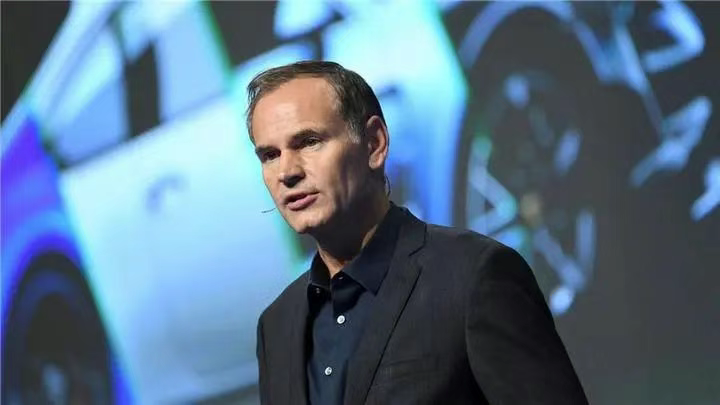
Greater power also means a need to focus more energy on both brands simultaneously, but many believe that Oliver Blume is spread too thin.
For instance, union chairman Daniela Cavallo believes that power should not be dispersed throughout the Volkswagen Group. "Volkswagen must once again become the core of the entire group. We are the parent company, and the subsidiaries are our daughters. Unfortunately, this is not currently the case."
She also stated that while brands can demonstrate "brand selfishness and competitiveness," this should be limited to external competition and not manifest internally. Clear guidelines need to be established to ensure this. "Most importantly, the Group Board of Management must take the necessary intervention measures. Volkswagen can no longer afford for individual brands to act alone."
In fact, Oliver Blume's dual CEO status has been controversial since his first day as Volkswagen Group CEO. He faced criticism from investors and analysts, but at that time, it was only a minority of investors who questioned the "dual role".
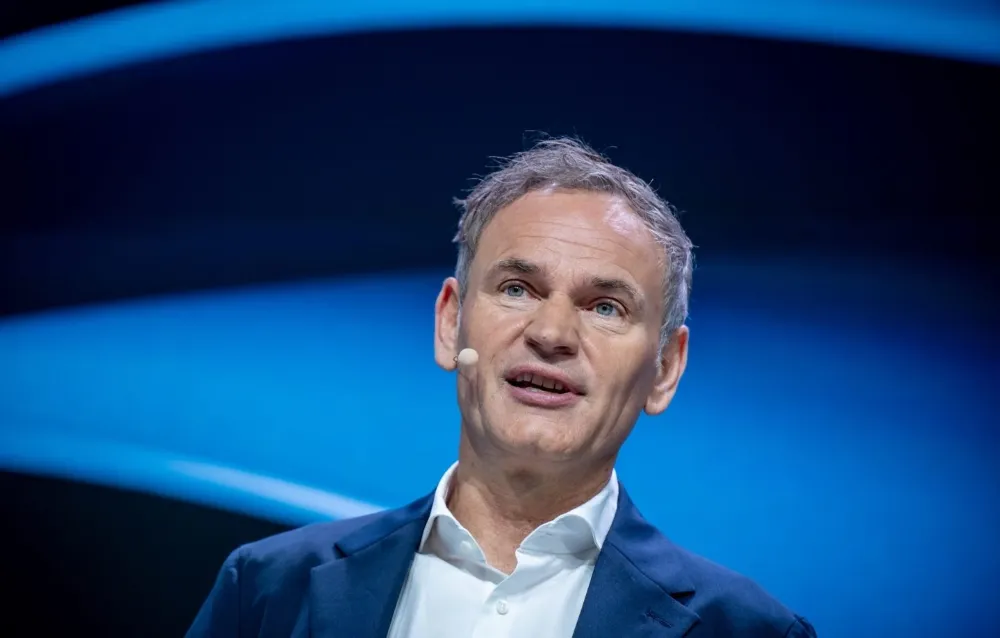
However, Oliver Blume has always maintained that concurrently serving as CEO of Volkswagen Group and its subsidiary brand Porsche does not pose a significant conflict. He even argued that serving in both roles is a perfect complement. "Leading a group is vastly different from managing a single brand. For me personally, linking these two roles is a key and well-considered decision that benefits the long-term success of Volkswagen Group and Porsche, allowing me to be closely involved in the company's processes and technologies to make the right strategic decisions within the group."
He also stated that after Porsche's successful IPO, his dual role would bring significant advantages to the development of both entities.
Indeed, Oliver Blume served as CEO of Porsche from 2015, making him one of the longest-serving CEOs in Porsche's history. From 2022 to 2023, under Oliver Blume's leadership, Porsche was the only traditional automaker brand to experience reverse growth during their transformation. Moreover, Porsche's successful IPO was the second-largest initial public offering in German history since the 1996 listing of Deutsche Telekom.
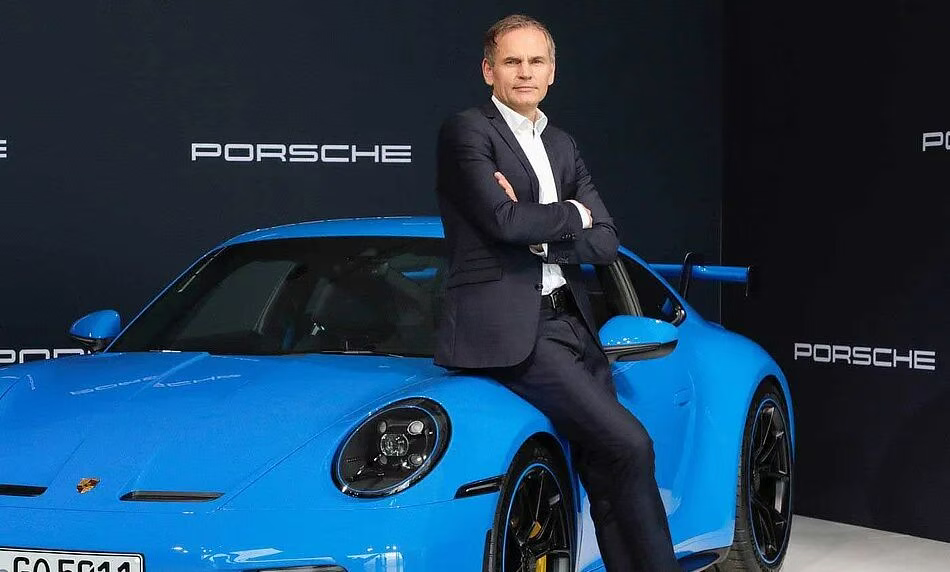
At that time, with his achievements, Oliver Blume indeed had the credentials to continue serving as CEO of Porsche. However, as Porsche's performance continued to decline and its share price plummeted, the calls for Oliver Blume to abandon one of his CEO positions grew louder.
Some investment institutions publicly stated at shareholder meetings that the "dual-role structure" does not adhere to modern corporate governance principles, especially when a CEO is shared between two separately listed companies, which may lead to conflicts of interest and weakened accountability mechanisms.
Oliver Blume has repeatedly cited the upcoming transformation and leadership transition at Porsche as reasons why he must remain at Porsche. "We are undergoing a board reorganization and generational handover, and these changes require support. Crucially, the current leadership structure benefits both companies."
He also stated that the dual CEO role is not permanent, but he has not set a clear end date for it.
02 Will Porsche Witness a Leadership Change?
However, the operational crisis Porsche has faced since the beginning of this year has become the "opportunity" to force Oliver Blume to step down.
2025 has undoubtedly been the most stressful year for Porsche in recent times. According to financial reports, Porsche's total operating revenue in the first half of 2025 was 18.16 billion euros, a year-on-year decline of 6.7%.
Operating profit plummeted by 67.1%, from 3.06 billion euros in the same period last year to 1.01 billion euros. Profit from the automotive business also slid from 2.9 billion euros in the same period last year to 800 million euros. The return on sales (RoS) dropped significantly from 15.7% in the same period last year to 5.5%, completely deviating from the 18%-20% return target proposed earlier in the "Road to 20" strategy.
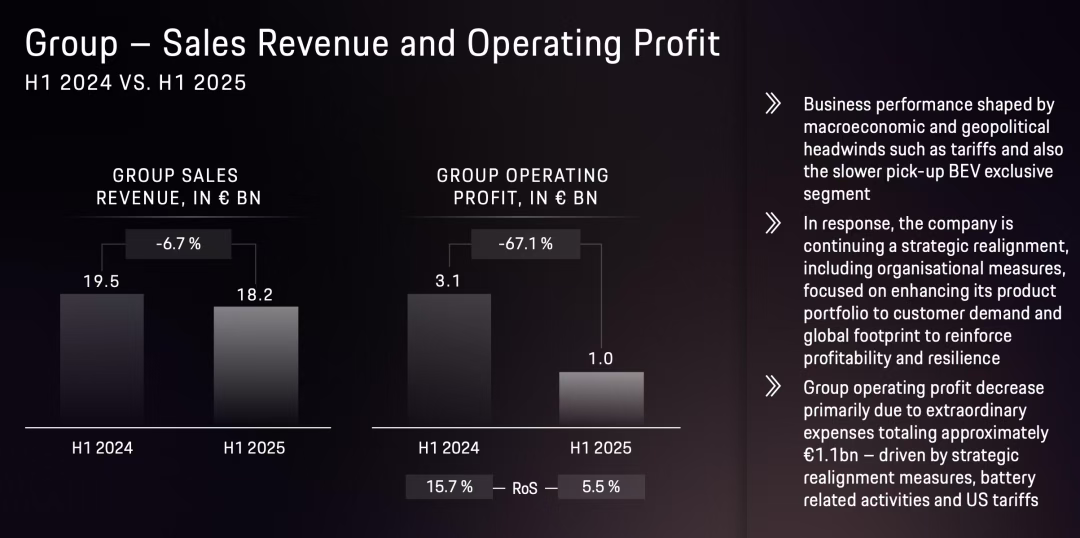
In terms of sales data, Porsche's sales in multiple key markets have declined. In the first half of the year, Porsche's global sales were 146,400 units, a year-on-year decline of 8.8%. Sales in Germany and China declined sharply, with Germany down 23% and China down 28%, making China Porsche's fourth-largest market.
It seems like a return to levels of a decade ago. Additionally, due to the poor performance that fell far short of market expectations, Porsche has repeatedly revised its full-year guidance, with the expected return on sales ultimately falling from an initial range of 10%-12% to 5%-7%.
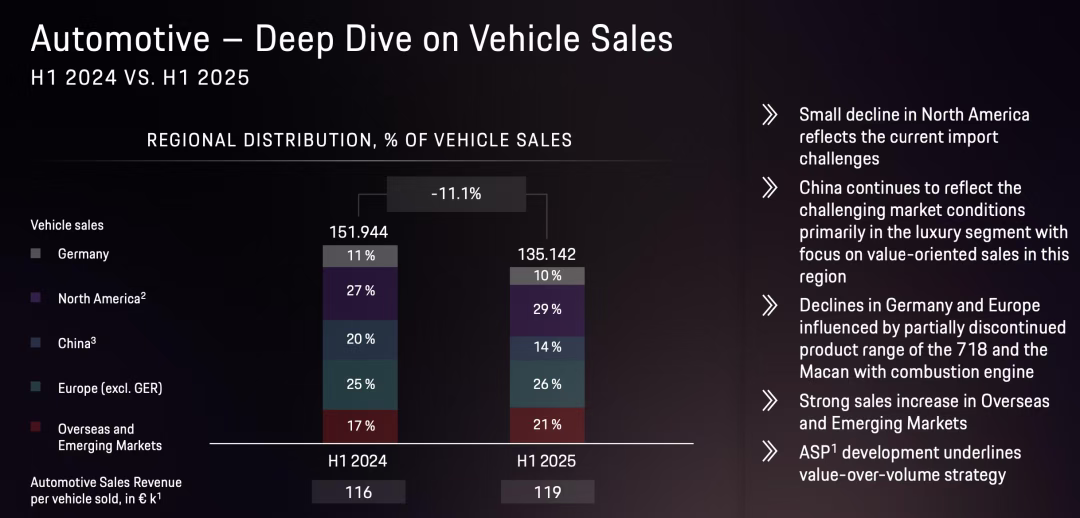
Faced with performance pressure, Porsche has initiated a "recalibration" plan. According to the plan, Porsche will lay off 3,900 employees by 2029 and optimize its cost structure through natural attrition and limited hiring. Additionally, Porsche was forced to reverse its "electric-first" strategy to a "parallel powertrain" approach, announcing an extension of the lifecycle of fuel vehicles and hybrid models.
Subsequently, Porsche announced the reorganization of its high-performance battery subsidiary Cellforce, abandoning plans for self-developed battery production and instead transforming it into an independent R&D department.
Out of the current 286 employees at Cellforce, 70% will be laid off, with approximately 200 people being dismissed, leaving only a small R&D team of about 80 people.
Although Porsche's first-half performance was affected by a combination of factors such as the failure of battery projects, US tariff policies, and weak demand for electric vehicles, when the overall environment and situation are unfavorable and performance declines, Oliver Blume's dual role may become a target of criticism.
Recently, foreign media reported that in May, Porsche investors again called for Oliver Blume to step down as CEO of Porsche at the shareholder meeting. This time, there were also disagreements within the Porsche Piëch family regarding Oliver Blume's concurrent role as CEO of both Volkswagen and Porsche.
However, despite Oliver Blume's clear refusal to give in at the shareholder meeting: "The dual role is a guarantee of success, especially during the current challenging period, and its advantages far outweigh the disadvantages."
According to insiders, Porsche is already searching for a successor internally and has held talks with several candidates. The original plan was to announce the change in September, but there have been changes, and it may be officially announced in the fall with implementation in early 2026.
Perhaps, Porsche's top leadership has indeed changed.

